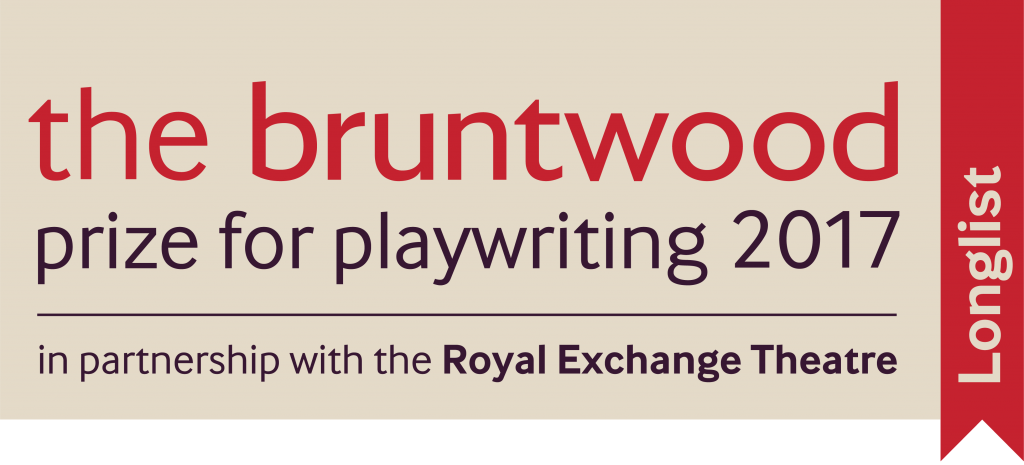Aug
30
2012
News of a couple of events in September, both in the Brighton area. I’ll be reading from Exit Strategies and other work at Shoreham WordFest, on a lively programme with four other local writers, and giving a preview of my new play at Sussex Playwrights’ Club. Both events are open to all so please join us.
Saturday 29 September, 7.30pm
An Evening with Local Authors
Shoreham Centre, Pond Road, Shoreham-by-Sea
Compered by Craig Melvin of the Big Book Group, with readings by local authors Sue Walker, Sally O’Reilly, Pam Weaver, Matthew Turner and MM Lee, followed by Q&A. Refreshments available.
Tickets: £5, available online here or call 07522 957691
For more information on this year’s Shoreham WordFest see the website or pick up one of the brochures which are dotted around Shoreham.
The other date to look out for is Sunday 16 September, when my new 10-minute play The Exchange will be read at Sussex Playwrights’ Club. This is really work-in-progress towards my new full-length play, Closed, so it will be great to test the material in front of an audience for the first time.
The meeting starts at 7pm at the New Venture Theatre, Brighton, and the reading will follow a discussion of plans for the club’s future development. Guests are always welcome at these meetings, paying £2 on the door. And this includes a glass of wine!
no comments | tags: Big Book Group, Exit Strategies, Fiction, New Venture Theatre, Plays, Shoreham WordFest, Sussex Playwrights' Club | posted in Drama, Exit Strategies, General
Jan
30
2012
I’ve been working on a new play this month (details under wraps for the moment), and I’ve found it very helpful to build full profiles for each character before I begin any dialogue. The profile consists of a set of questions about the character’s background, physical characteristics, likes and dislikes, past experiences, that sort of thing.
Often the questions you ask are quite unrelated to the story in which you’re using the character. But by asking those questions and coming up with answers you find out things you didn’t know about the character – or maybe didn’t know that you knew – which in turn gives you much greater confidence when deploying the character in your story.
The first questions you ask about any character tend to concern the function that person fills in your story. So if your character is going to rob a bank and take some other characters hostage you might ask ‘why does this person have no respect for the law?’, ‘is he prepared to kill to achieve his goal?’, ‘is there some childhood experience that helps explain his current actions?’ The search for motive initiates a simple definition of character.
But it’s when you start asking the unrelated questions that the character really comes to life. Which newspaper does s/he read, if any? Where did s/he grow up? How does s/he vote? What music does s/he like? Even if you answer these questions at random you have somewhere to start from, thanks to the implications which spring up almost unbidden.
So your bank robber loves 80s heavy metal bands. Does this mean he equally hates 80s pop? Which childhood friend or influential adult introduced him to his favourite bands? Has his taste since evolved to more contemporary rock bands or is he stuck in the past?
Or if he reads the Express, is that out of habit, or because he agrees with the paper’s editorial stance, or because his parents read the Express? Each answer reveals a new facet of his personality, and these nuances deepen your understanding of the character beyond whatever it is you need him to do or think to fill his prescribed role in your plot.
Sometimes the answers eventually find their way into your story, sometimes they don’t, but they all help to give you a concrete sense of that person such that you could now drop him into any situation and you’d know how he would react. That you’ve gained a prior sense of the character’s response to any other question that may arise. And you can begin to test how the character will rub against other characters in the story. Will there be a natural dramatic tension to engage the audience?
This may seem like stating the obvious to some – of course you should have a detailed understanding of your characters before you write their story – but to me it has proved a breakthrough. I’ve previously tended to start writing and work out my characters along the way. The story always came first, and if I didn’t have a story I was stuck.
Now, by forcing myself to step back and work on the profiles first, I feel I’m getting to know my characters before we set out on the journey, beyond the confines of any particular story. And it’s amazing to me how quickly they come to life once you start asking the questions you don’t need to ask.
no comments | tags: Character, Fiction, Plays, Plot, Profile, Questions, Story, Technique, Writing process | posted in Drama, General
